 by Archpriest Victor Potapov –
by Archpriest Victor Potapov –
The devil sows tares, says the Lord, while men sleep. In other words, the devil sows his tares secretly, unnoticeably, when the guards appointed to look after the field, that is, the pastors of the Church, keep watch inadequately, and when the faithful themselves live carelessly as well and listen too credulously to impostors and false teachers.
In the parable of the sower and the seed, the discourse was about how men accept the word of God in different ways, and how this word affects men in different ways. In the next parable that of the wheat and the tares Christ speaks of the fourth portion of seed, which had fallen on good ground, and how the enemy of man’s salvation does everything possible in order to ruin that which grows in this good ground.
The parable of the wheat and the tares is extremely topical for our days, when people raise the question of the origin of evil in the world and are perplexed over the temptations, schisms and fallings away which they encounter in the Church Herself. [Read more…]

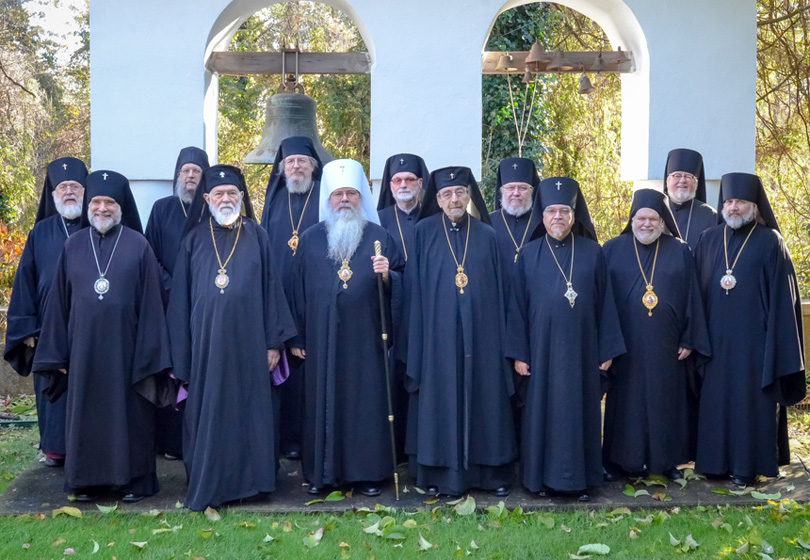 As publicly confirmed by a senior OCA priest and privately confirmed by other OCA priests, at the Nineteenth All-American Council in July 2018, a Resolution aimed at asking the bishops to correct errant clergy and lay persons who promote false teaching on same-sex relationships was rejected by the OCA Synod of Bishops and not permitted to be voted on by the assembly. Concerned that publications such as The Wheel were perceived to be given a tacit blessing by the hierarchy, senior priests urged the bishops, through the resolution, to send an unambiguous message that false teaching will not be tolerated.
As publicly confirmed by a senior OCA priest and privately confirmed by other OCA priests, at the Nineteenth All-American Council in July 2018, a Resolution aimed at asking the bishops to correct errant clergy and lay persons who promote false teaching on same-sex relationships was rejected by the OCA Synod of Bishops and not permitted to be voted on by the assembly. Concerned that publications such as The Wheel were perceived to be given a tacit blessing by the hierarchy, senior priests urged the bishops, through the resolution, to send an unambiguous message that false teaching will not be tolerated.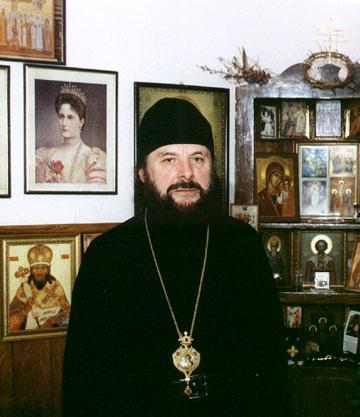 by Bishop Alexander (Mileant) –
by Bishop Alexander (Mileant) –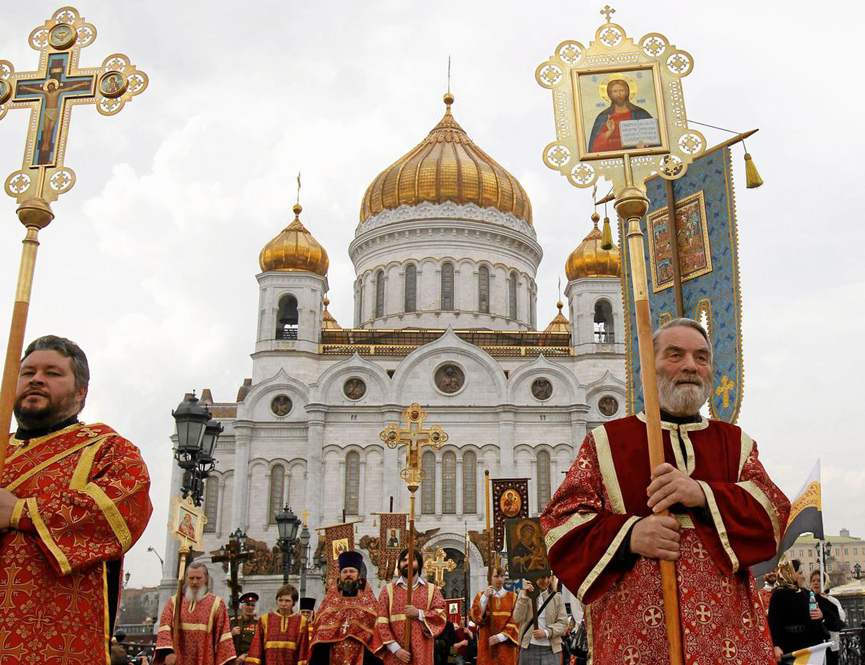 by Fr. Seraphim Rose –
by Fr. Seraphim Rose –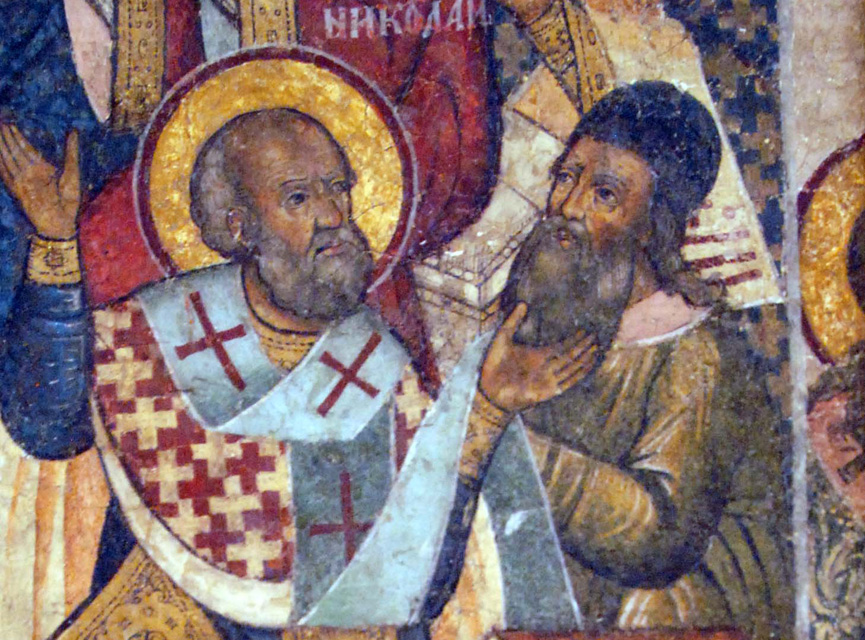 by St. John Chrysostom –
by St. John Chrysostom –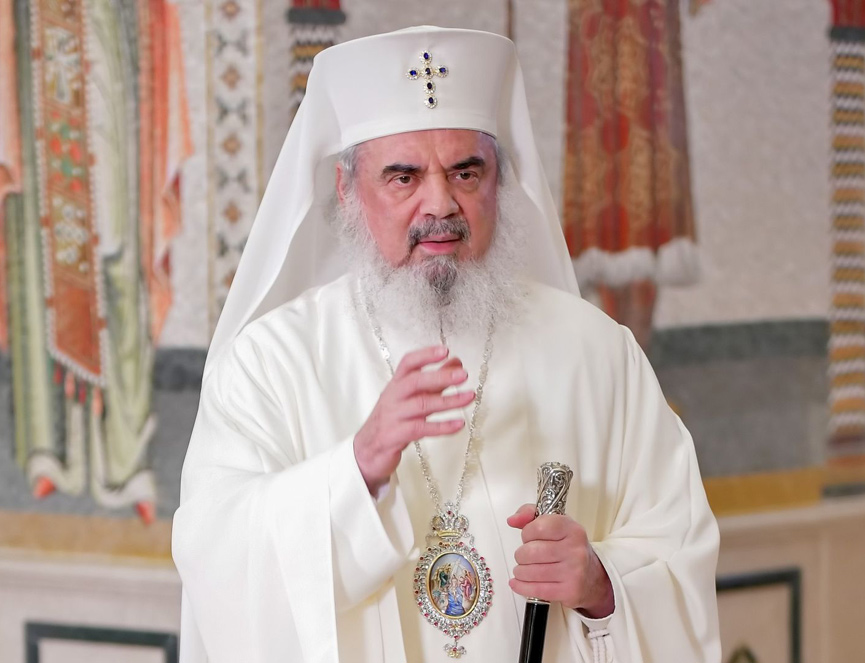 by Aurelian Iftimiu (on Patriarch Daniel of Romania) –
by Aurelian Iftimiu (on Patriarch Daniel of Romania) –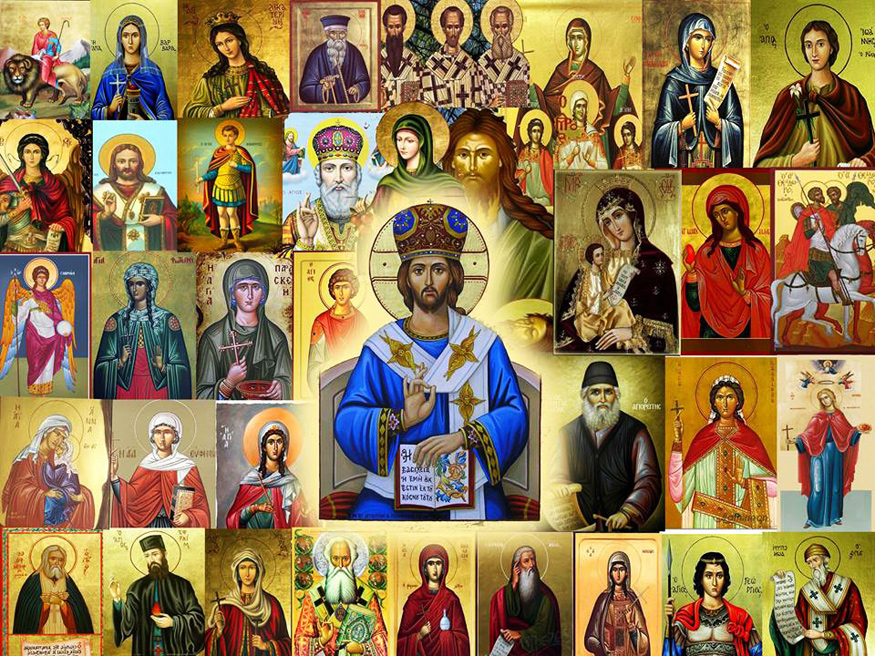 by Fr. Ioannes Apiarius –
by Fr. Ioannes Apiarius – by Fr. Thomas Hopko –
by Fr. Thomas Hopko –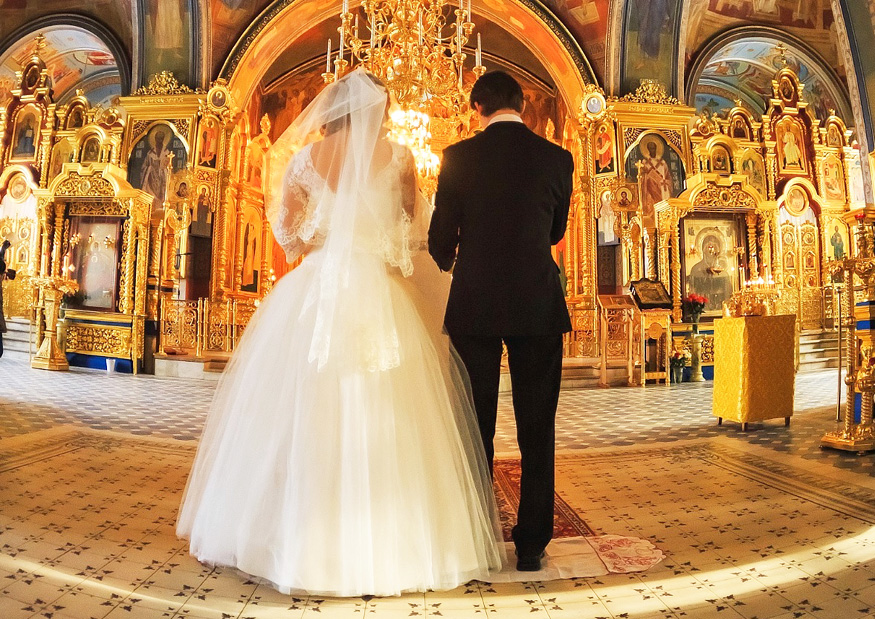 by Met. Philaret of New York –
by Met. Philaret of New York –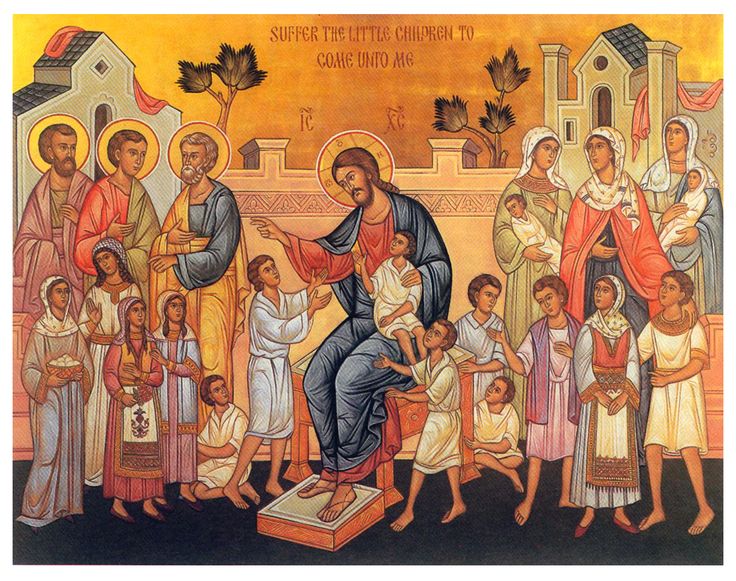 by St. John Chrysostom –
by St. John Chrysostom –